The auction for the Premier League’s domestic live broadcast rights starts on Friday morning but few are predicting the financial fireworks of recent years.
Bids for the 200 games a season, between 2019 and 2022, must be in between 8am and 10am, and if any are left unsold there will be further rounds of bidding next week.
Most seasoned observers are predicting at least a second round of voting, as has happened in the last two auctions, with a result on Tuesday.
Those 200 games, up from 168 games a season in the current three-year cycle, are broken up into seven packages, designed to appeal to different buyers.
For example, Sky, the Premier League’s ever-present broadcast partner, will be expected to hold onto the bulk of the action, with a particular interest in keeping its grip on Sundays, as well as the ‘Monday Night Football’ brand it has borrowed from the United States and built up here.
Sky spent £4.1 billion on 126 games a season last time around, with main rival BT picking up the remaining 42 games for £960 million. That took the total for the domestic rights to £5.1 billion, matching the 70 percent uplift recorded for the previous three-year cycle.
With each televised game bringing the clubs more than £10 million in revenue, the league’s finances have never been rosier.
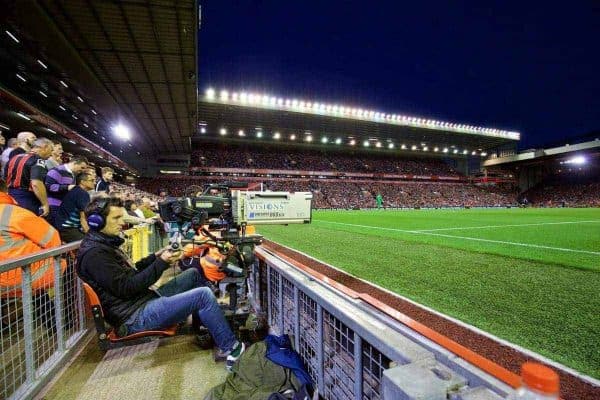
But the chance of another huge hike in domestic broadcast revenue looks unlikely, as the shareholders of both BT and Sky appear to have called a truce in their duel. This is why the league has decided to offer 32 games more a season and experiment with new slots and offerings.
One of the packages offers 24 games at 2pm on Sundays and eight games at 7.45pm on Saturdays—the ‘Strictly’ slot. There are two packages that offer two entire rounds of games, simultaneously, on midweek evenings and a bank holiday.
BT, which already does that with its midweek European coverage, is understood to be interested in the ‘simulcast’ idea but it was also designed to draw in one or more digital hosts, namely Amazon, Facebook, Google or Netflix.
None of those companies have confirmed or denied if they are interested in the Premier League’s UK rights but there is little doubt they are all interested in premium sports content, albeit on a more global basis.
Kieran Maguire, a football finance expert at the University of Liverpool, told Press Association Sport that he does not believe the tech giants are ready to enter the market.
“That is just the Premier League talking up auction prices,” said Maguire.
“It makes no sense for them to bid domestically as the UK is insignificant when looking at global strategy. There is some potential in overseas markets but there is still an issue of monetising subscribers—even Netflix has not quite managed that yet.”

Maguire believes this leaves the stage to BT and Sky again, with neither able to buy more than five of the seven packages.
Roger Bell of the financial analysis firm Vysyble agreed with Maguire and said the domestic market appeared to have “reached maturity”.
Bell told PA Sport: “Sky’s economic performance has been challenged by the gravity of the current deal. With a more open relationship between Sky and BT we don’t expect to see the previous hikes of 70 percent.”
This is a reference to the deal the two companies did in December to carry each other’s sports channels.
Bell also pointed to the BBC’s retention of the “Match of the Day” highlights package, which cost the corporation £211.5 million, only £7.5 million more than they paid in 2015.
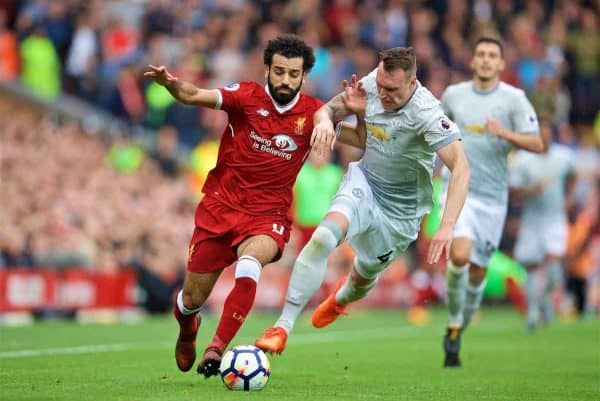
But if the British market is tapped out, there is still plenty of upside for the Premier League abroad, as Manchester United chief Ed Woodward pointed out on Thursday in his quarterly call to announce the club’s financial results.
Woodward said: “A word on broadcasting, reports of the death of live sport are greatly exaggerated.
“I just came from a Premier League meeting, where research shows that the league’s global cumulative audience has increased nine percent year-by-year, with particularly strong increases in Asia and North America.”
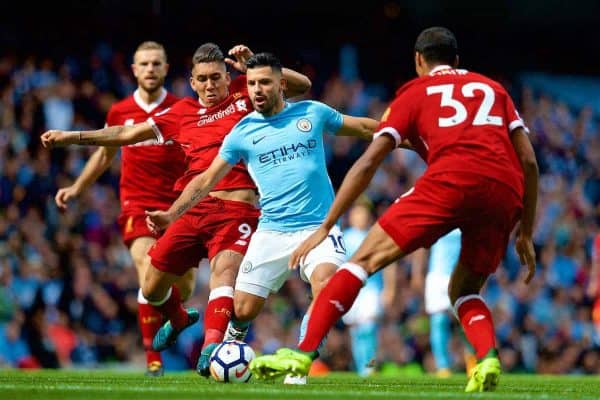




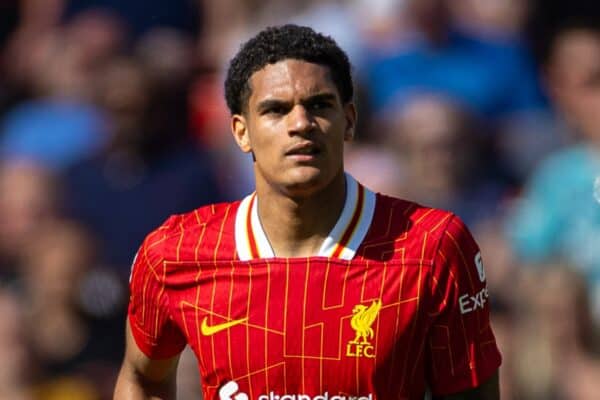
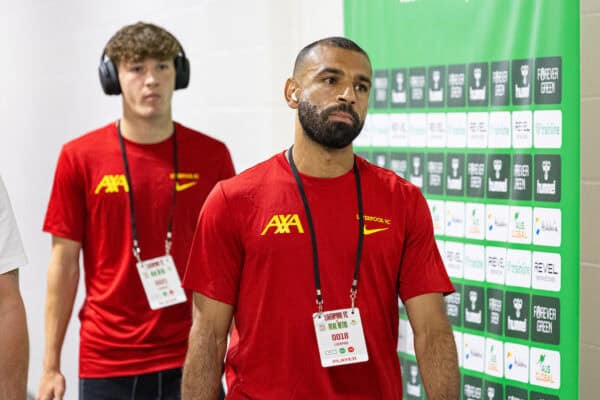
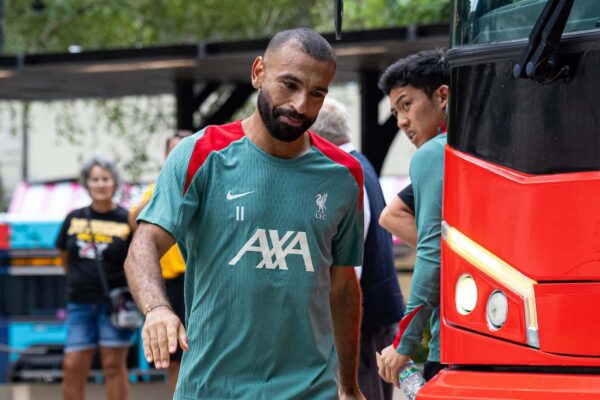

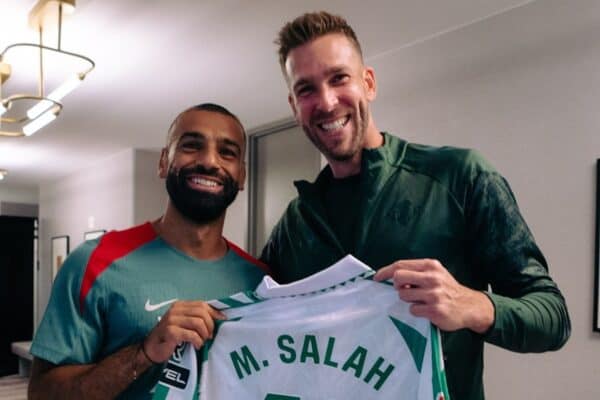


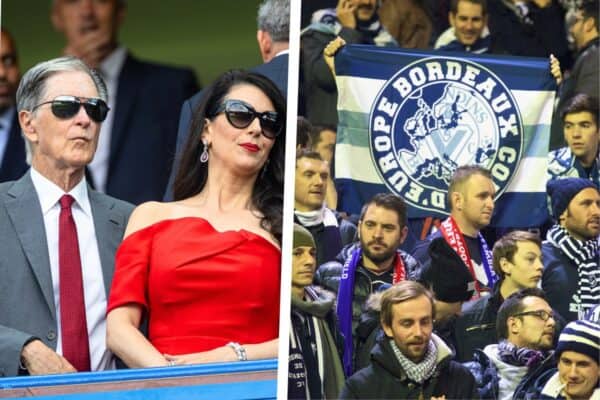




Fan Comments